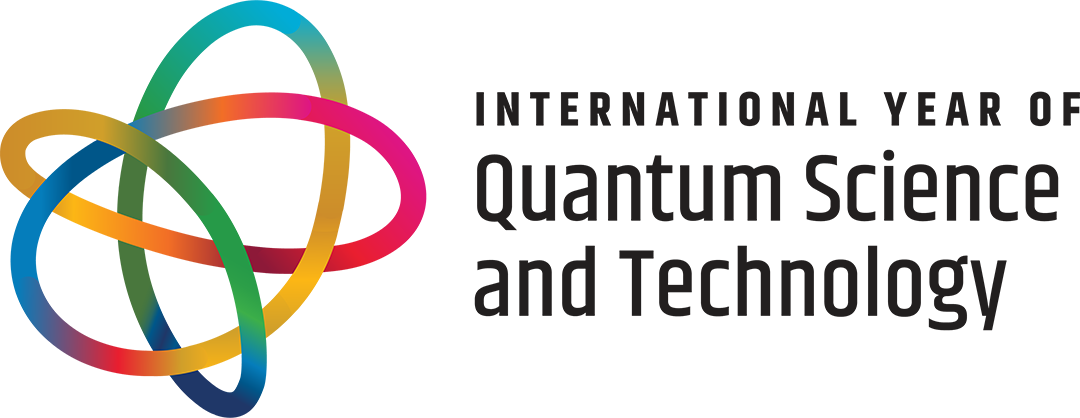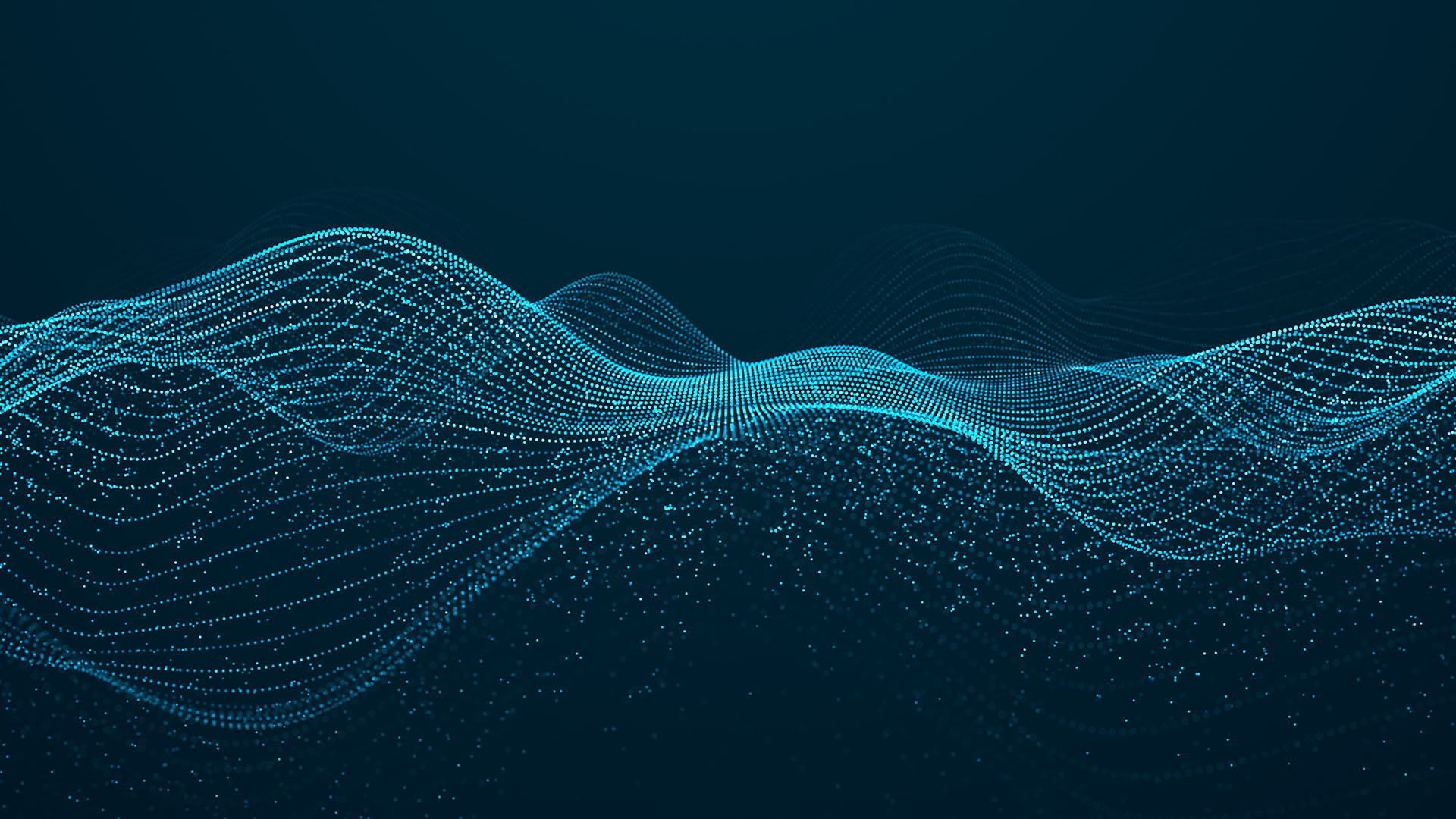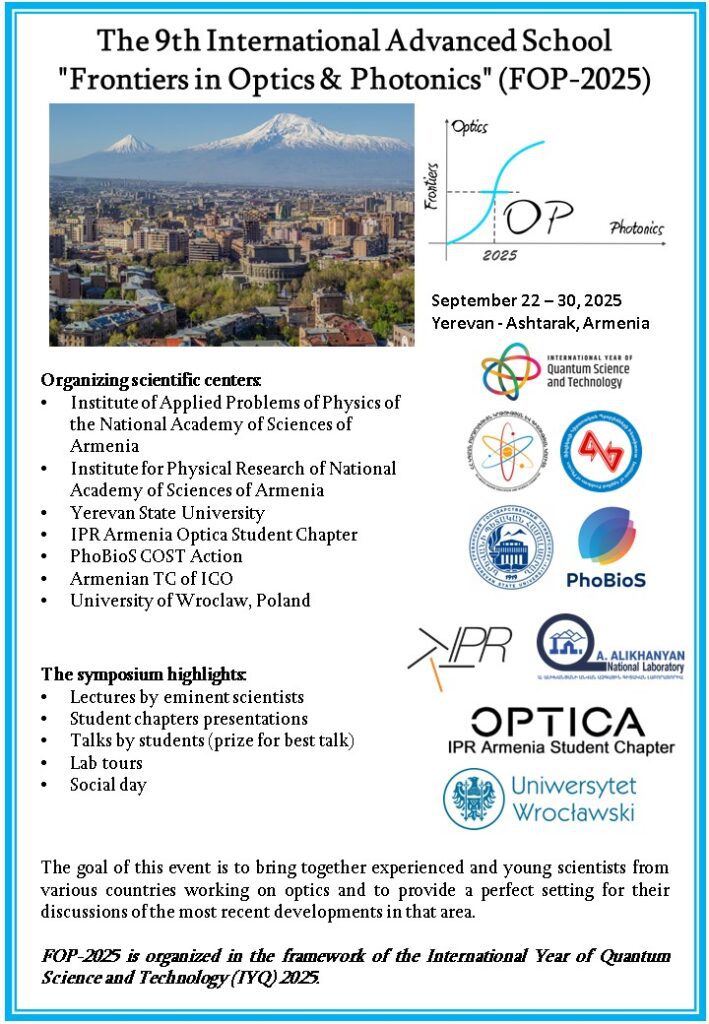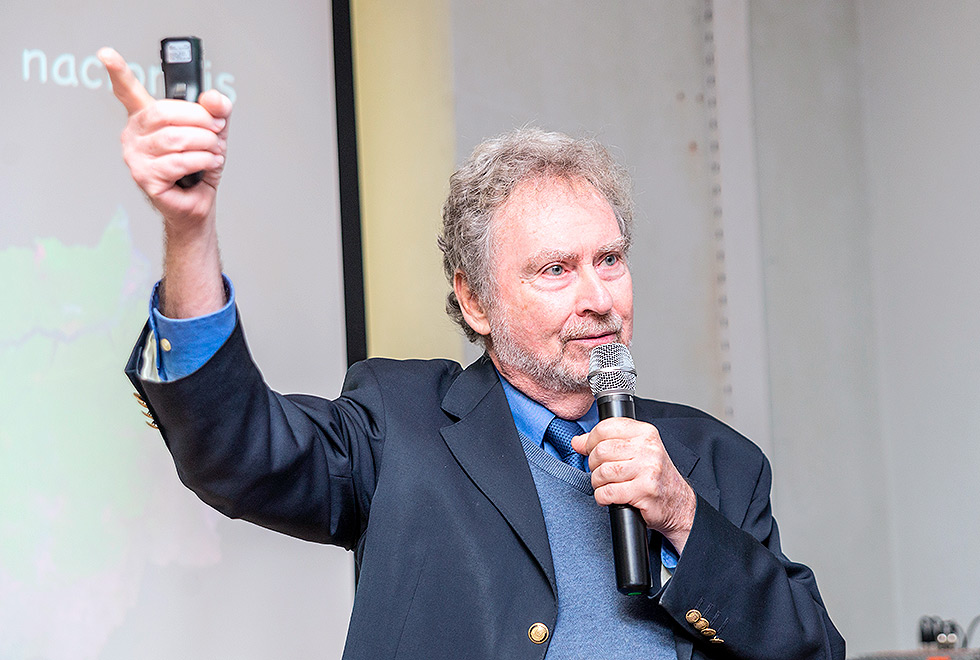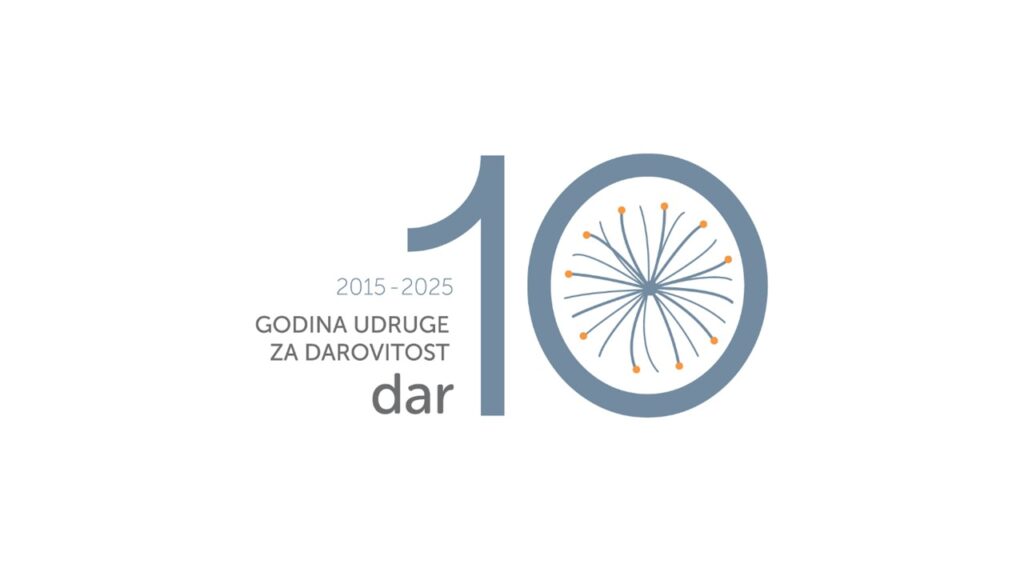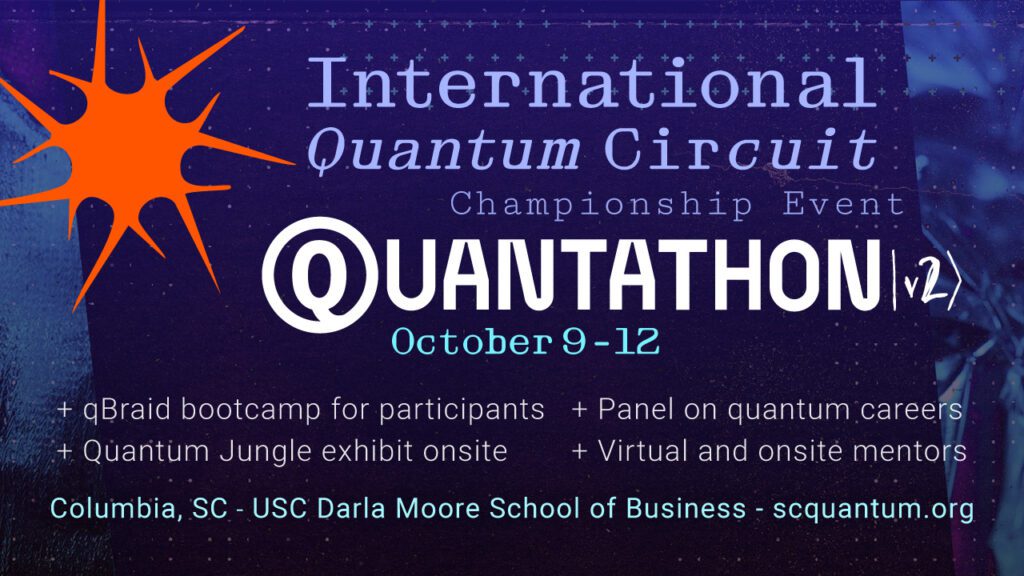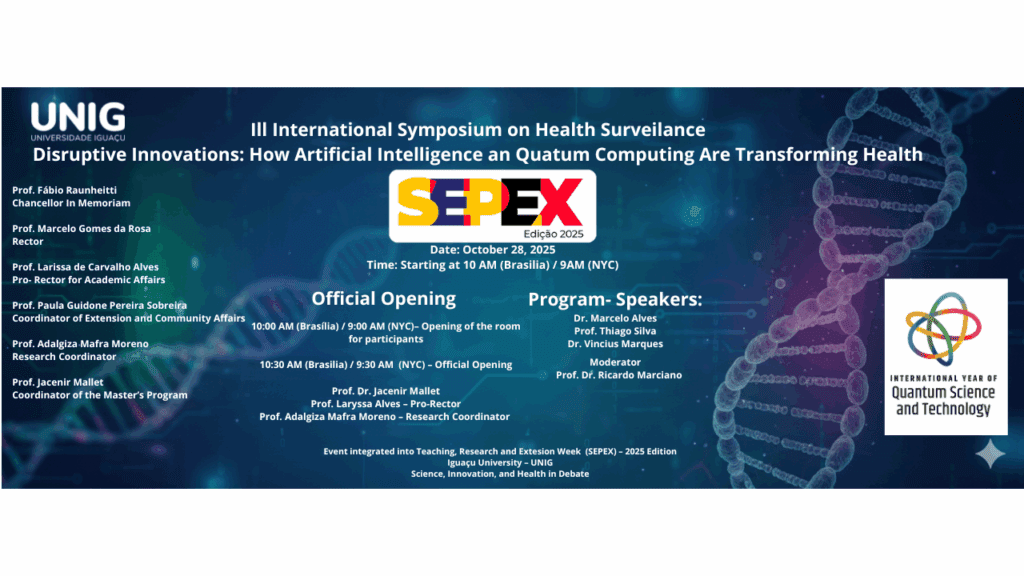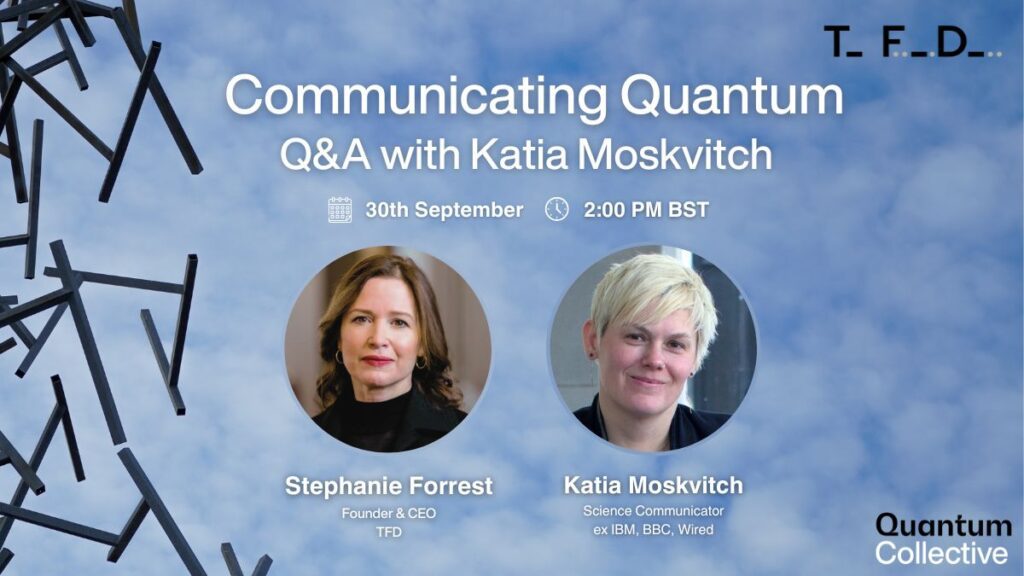The goal of this event is to bring together experienced and young scientists from various countries working on optics and to provide a perfect setting for their discussions of the most recent developments in that area. The School helps foster the career growth of young scientists by connecting them with cutting-edge research and an international professional network.
17th TWAS General Conference: Special session Lecture by TWAS Apex Award Winner Luiz Davidovich, Federal University of Rio de Janeiro, Brazil
Lecture: ‘One Hundred Years of Quantum Mechanics: From Fundamental Science to Technological Breakthroughs’, Luiz Davidovich, Federal University of Rio de Janeiro, Brazil.
This lecture will revisit the fundamentals of quantum mechanics, review some of its most important current applications, and emphasize the role of Brazilian science in advancing both basic research and technological innovation, as well as some of my own contributions to this evolving field. Finally, it will consider the opportunities and challenges ahead, as quantum science continues to influence the future of technology, society, and our understanding of the physical world.
10 Years After—DAR
As part of celebrating 10 years of work of the non-profit Association for Giftedness DAR, we will organize a lecture by PhD Mario Stipčević – CV: Received BSc in Theoretical Physics at the Zagreb University, Zagreb, Croatia, in 1991. Works at the Rudjer Boskovic Institute since 1991. The same year, the collaboration started in CERN’s experiment NOMAD. In 1992. He went on leave from RBI to Laboratoire d’Annecy de Physique des Particules (LAPP), Annecy, France, where he works on future LHC CERN experiments RD3 and ATLAS. He received a PhD in high-energy experimental physics at the Université de Savoie, Chambery, France, in 1994, and returned to the RBI, where he continues his research on neutrinos and axions. Since 1999, he has been a member of the OPERA neutrino oscillation collaboration.
In 2003, gained interest in quantum optics and quantum information: random numbers, quantum cryptography, quantum computing, and photon detectors. Since then, he has led several projects in that area, notably the World Bank-financed project “Quantum random bit generator” (2004-2005), Croatian Institute of Technology project “Photon detector” (2007-2010), and Ministry of Science research project “Experiments in quantum communication and quantum information” (2007-2014).
Fulbright scholarship winner at the University of California, Santa Barbara, for the academic year 2010/11 for research on Quantum computing (host Prof. D. Bouwmeester) and continues with a sabbatical at UCSB during the academic year. 2011/12, during which he works on DARPA project PICO (leader Professor J. Bowers at the Electrical and Computer Engineering Dept.) and cryptography (with Professor C. K. Koc at the Computer Science Dept.). From 2012 to 2014, I collaborated on a DARPA program, InPho, within a project for ultra-fast quantum cryptography with hyperentangled photons, led by Prof. D. J. Gauthier from Duke University. Since 2014, he has led the photonics and quantum optics research unit of the Center of Excellence for Advanced Materials and Sensing Devices (CEMS) at RBI. By the end of 2017, I had authored 85 CC publications, 11 conference presentations, 20 other publications, and two patents.
Venue: Conference Hall of the European Commission Representation in the Republic of Croatia, House of Europe
Augusta Cesarca 4-6, 10 000 Zagreb.
St. Mark’s UMC UMM Breakfast
Dr. Greg Van Patten, Dean of the College of Basic and Applied Sciences at Middle Tennessee State University will talk about Quantum Information Science advances and efforts in Tennessee. The talk is part of a regular series of breakfasts hosted by the United Methodist Men, but it is open to the public and free of charge.
La Seconda Rivoluzione Quantistica: Quando Il Mondo Dei Quanti Incontra Il Supercalcolo
This event, promoted at the University of Verona, Italy, in the framework of the Italian National Scientific Degrees Project in Physics, is addressed to secondary school students and their teachers and devoted to the link between quantum physics and quantum computing and the present and future of quantum computers at the DaMa technopole in Bologna.
QuantathonV2: Championship Round of the International Quantum Circuit
QuantathonV2 is the championship round of the 2025 International Quantum Circuit, bringing together nearly 100 students, mentors, and judges from around the world. Over four days, participants will tackle real-world challenges in fields such as weather prediction, finance, and machine learning using quantum technologies.
The event fosters collaboration across industry, academia, national labs, and government, with a focus on mentorship and workforce development. By combining technical expertise with hands-on experience, QuantathonV2 highlights how education and innovation intersect to prepare the next generation of quantum talent.
Hosted at the University of South Carolina’s Darla Moore School of Business and powered by qBraid, the event positions South Carolina and the Southeast as active contributors to the global quantum ecosystem. QuantathonV2 reflects the spirit of the International Year of Quantum by promoting literacy, access, and collaboration on an international scale.
III International Symposium on Health Surveillance – Disruptive Innovations: How Artificial Intelligence and Quantum Computing Are Transforming Health
Iguaçu University (UNIG) is now an official member of the United Nations Academic Impact (UNAI), a global network of the United Nations that brings together higher education institutions committed to UN principles and to the 2030 Agenda, by promoting the Sustainable Development Goals (SDGs).
In 2025, declared by the UN as the International Year of Quantum Science and Technology, and in accordance with Article 207 of the Brazilian Constitution, which establishes the inseparability of teaching, research, and extension, UNIG will highlight the theme “Disruptive Innovations: How Artificial Intelligence and Quantum Computing Are Transforming Health.” This discussion will take place at the III International Symposium on Health Surveillance, an event integrated into the university’s Teaching, Research, and Extension Week (SEPEX), bringing together internationally recognized experts in technology.
Held annually, SEPEX aims to foster integration among faculty, undergraduate and graduate students, vocational education, and the broader community. Through the presentation of research and activities guided by UNIG professors, the event promotes knowledge exchange, critical reflection, and experience sharing across multiple fields, reinforcing the constitutional mission of uniting teaching, research, and extension for the benefit of society.
CACIC 2025, Introduction to Quantum Computation
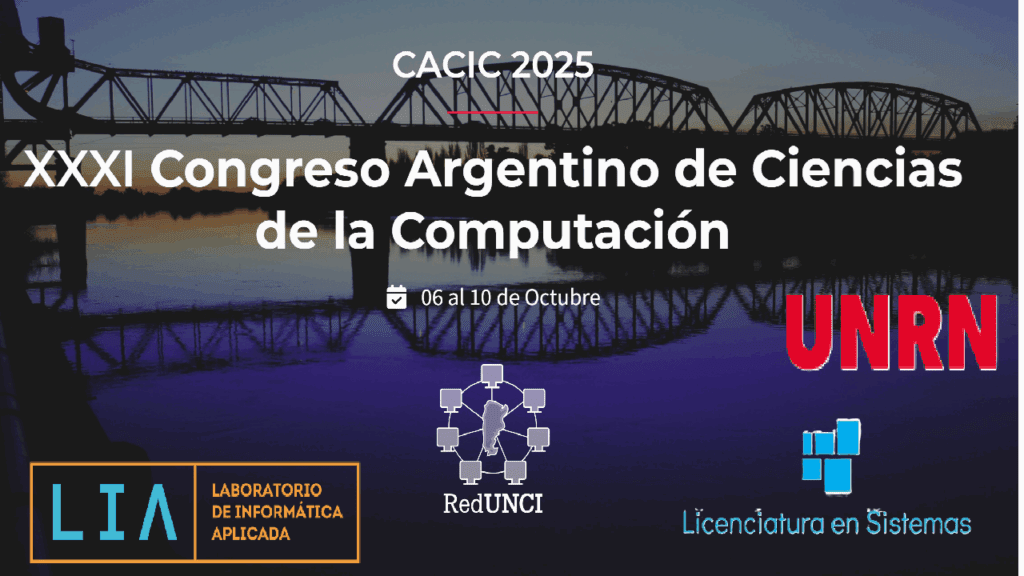
Title: “Introducción a la computación cuántica y aplicaciones prácticas”
Lecturer: Dr. Andrés A. Reynoso, CACIC 2025, XXXI Congreso Argentino de Ciencias de la Computación, XXIX Escuela Internacional de Informática. This course offers an introduction to quantum computing and information to computing science students attending the CACIC 2025 event.
Communicating Quantum: LinkedIn Live Q&A with Katia Moskvitch
Join deep tech communications agency TFD – Think Feel Do for a live Q&A with one of the world’s leading quantum communicators, Katia Moskvitch, to discuss how companies can translate complex technical propositions into compelling stories.
Not only is Katia a theoretical physicist, science communicator, and former journalist for the BBC, Economist, and WIRED, with over 20 years of experience turning complex technologies into compelling stories, but she has also served as the European Head of Communications for IBM Research and spearheaded the World Economic Forum’s Quantum Technologies initiative.
At a time when media and market interest in quantum is surging, we’ll be discussing how quantum companies can cut through the complexity and make quantum accessible without diluting its scientific integrity.
Join Stephanie Forrest, founder & CEO of TFD—Think, Feel, Do, and Katia Moskvitch for a live Q&A on:
- Quantum breakthroughs vs. hype: Learn Katia’s framework for evaluating quantum news and distinguishing genuine advances from marketing fluff.
- Communication evolution: Discover how quantum conversations have shifted over recent years, and where the trends might take us in 2026.
- Quantum + AI: Hear from Katia on how she navigates the complexity of communicating two transformative technologies simultaneously without overwhelming audiences.
3-Day Lecture Workshop on Recent Developments in Quantum Physics: Computation, Information, and AI
The Department of Physics is proposing to organize a three-day Lecture Workshop on Recent Developments in Quantum Physics: Computation, Information, and AI, for students and teachers from 04/12/2025 to 06/12/2025 at BCM College, Kottayam, with a view to making the students gain in-depth knowledge on developments in the field of Quantum Mechanics. Six eminent Professors from various parts of India will handle twelve sessions during this three-day lecture workshop.

